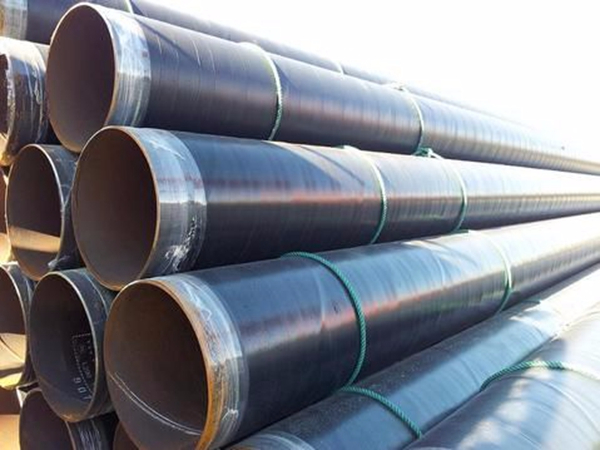Anti-corrosion Steel Pipe
Our company provides Anti-corrosion Steel Pipe.
Anti-corrosion Steel Pipe refers to a type of steel pipe designed and treated to resist corrosion, preventing deterioration and ensuring durability in various environments.


lewis Liu
sales Manager
Anti-corrosion Steel Pipe
An Anti-corrosion Steel Pipe is specifically engineered to resist the damaging effects of corrosion, ensuring longevity and reliability in diverse industrial applications. Here’s a detailed overview of its key features:
- Material Composition:
- The pipe is typically constructed from high-quality steel, chosen for its strength, durability, and corrosion-resistant properties.
- Corrosion Protection Coatings:
- Anti-corrosion steel pipes are coated with specialized materials to create a protective barrier against corrosive elements. Common coating types include epoxy, polyethylene, and bituminous coatings.
- Fusion Bonded Epoxy (FBE) Coating:
- FBE coating is often applied to anti-corrosion steel pipes. This coating provides excellent adhesion, chemical resistance, and impact resistance, effectively shielding the steel from corrosion.
- Polyethylene (PE) Coating:
- PE coatings offer resistance to chemical and abrasive elements. They provide a protective layer that enhances the pipe’s resistance to environmental stress cracking and corrosion.
- Application Environments:
- Anti-corrosion steel pipes find applications in various industries, including oil and gas, water treatment, chemical processing, and infrastructure projects. They are particularly crucial for pipelines exposed to harsh and corrosive conditions.
- Longevity and Durability:
- The anti-corrosion features significantly extend the service life of the steel pipe, reducing maintenance requirements and operational costs over time.
- Customization Options:
- Manufacturers often offer customization options, allowing clients to choose specific coatings, dimensions, and specifications tailored to their project requirements.
- Compliance with Standards:
- Anti-corrosion steel pipes are designed and manufactured to comply with industry standards and certifications, ensuring the highest quality and performance.
- Global Availability:
- These pipes are produced and distributed globally, meeting the corrosion resistance needs of projects around the world.
- Installation Considerations:
- Proper installation practices, including surface preparation and application techniques, are crucial to maximizing the effectiveness of the anti-corrosion coatings.
Anti-corrosion steel pipes play a critical role in preserving the integrity of pipelines and infrastructure, offering a robust solution for industries facing corrosive challenges.